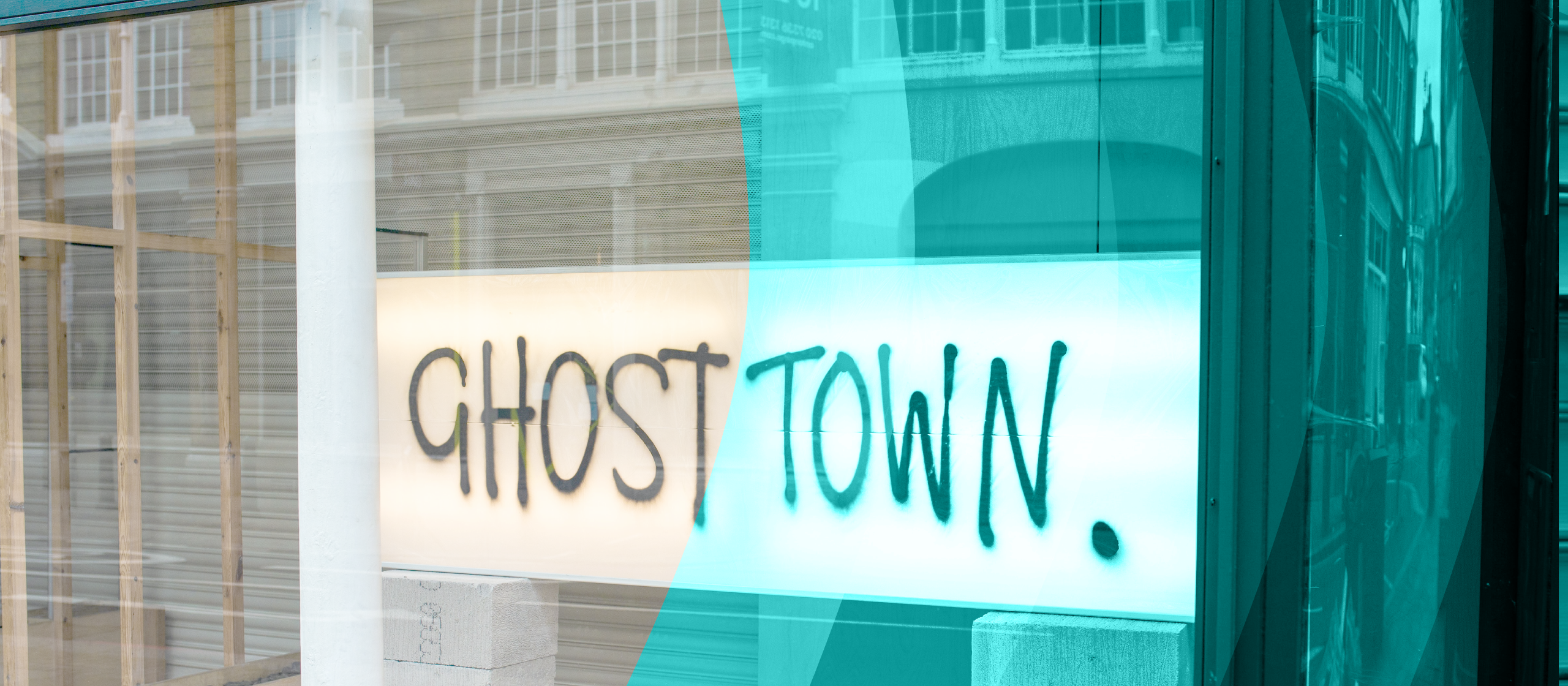
22 Feb “Can we at least freak out?” Memes and COVID-19
The COVID-19 pandemic has uncovered many unexpected phenomena. As we have lived in a turmoil of surprising events, people have coped with changes and unprecedented situations in various ways. One of them was memes, a source of escapist satire. The COVINFORM project has chosen memes as a source of explorative analysis to help us better understand how memes were used as a coping mechanism and allowed people to share experiences during the pandemic. The results of the analysis completed by the COVINFORM consortium were recently published in a form of bi-monthly report; however, this article offers a retrospective philosophical inquiry to map out the sentiments of the last two years.
The research team at the University of Roma analysed the most iconic and fun memes relating to the COVID-19 pandemic, suggesting that in a situation of total emergency, discomfort and death, trying to lighten the load with a little humour can be very helpful.
It is important to highlight that not everyone shares the sentiment for memes and appreciates it as a way of analysing the very critical historic moment in which we are living for the past two years. For many people, indeed, this behaviour can be interpreted as disrespectful towards those who have been infected, who died or who fought for survival. But for others, memes are an excellent way to escape from harsh reality and find the silver lining in every tough situation.
After carrying out an extensive analysis of different memes, we observed that they can be organized into various groups. Lots of memes we encountered were about politicians. In the geopolitical context of Italy, they were especially with regarding the former President of the Council of Ministers, Giuseppe Conte (in office from June 1st 2018 till February 13th 2021). But other prominent figures around the world were not spared either. One of them was Queen Elisabeth and her apparently endless longevity. Another figure that prevailed was about Pope Francis, who after slapping the hand of a Chinese religious person, became the symbol of the beginning of a never-ending pandemic. And this is not, of course, one thing in favour of the memes that kept us company for so many months.
Everything is filled up with irony, political satire, subtle blasphemy, and racism as well. For these reasons, it is very complicated to assess memes comprehensively: there are plenty of memes with different purposes on which it is necessary to dwell at length after having had an early good laugh.
However, the meme that immediately stuck to my mind is about a big banner outside a house, saying: “can we at least go out of our minds?”. “An ironic request, as the verb “going out” in Italian is also used to mean freaking out, and so when no one is allowed to go out of the house, perhaps the only place one can leave is their mind. It is a sarcastic remark rich in the sense of frustration, powerlessness and fear that the pandemic brought into our everyday life. Not surprisingly, the statistics speak for themselves: the rate of depression and boredom has significantly increased during the pandemic. Living in close contact with ourselves has never been so hard. The loneliness, the feeling of inadequacy, the constant fear to meet someone else, the countless prohibitions and the obligation to stay home brought both adults and kids to face the real loneliness. In this regard, a quote said by the philosopher Aldo Rovatti comes to my mind “the loneliness with its bites is exorcised by an incessant supply of phantasmatic sociality”. Words spoked in 2018, before the pandemic, but definitely very relevant to our shared experience.
We’ve been used to acting this way: hiding and suffocating our inner self into an artificial and fake sociality, living an unbridled obsession with the virtual world, maybe because staying alone with our interiority is much more frightening. The time to spend with ourselves and the need to divert our attention from our inner self has dramatically increased because of the present world situation that we are experiencing.
Perhaps that is the reason why people created so many memes during this frightening time. Maybe we are afraid to find our deeper “self”, and for this reason, we don’t even create private moments for reflection and observation of the world and our souls. We only use that spare time to browse social media: our main dealers of “phantasmatic sociality” and dummy happiness. We have learned to live surrounded by “likes”, “reactions”, and “tweets” without really observing, listening or living life. And in doing so, we put down our essence until we lost the skill of living with self-examination and meditation. Due to this, we are “going out of our minds”, we freak out, we lose control, and go crazy when we are in close proximity of solitude because we are scared of what is living inside us.
Probably, this is precisely the point: we are afraid of the very little familiarity with our inner selves, and it seems to get lost or slip into depression when we are obliged to experience challenging times like the Covid-19 pandemic, in which the only handhold appears to be the irony. Hence, laugh not cry. From here, the request to “go out of mind”: a scream for help that was waiting the appropriate time to be yelled and an excuse to be hung up on a wall.
A scream that makes us smile but also reflect.
Author: Beatrice Beghi, Sapienza University of Rome
